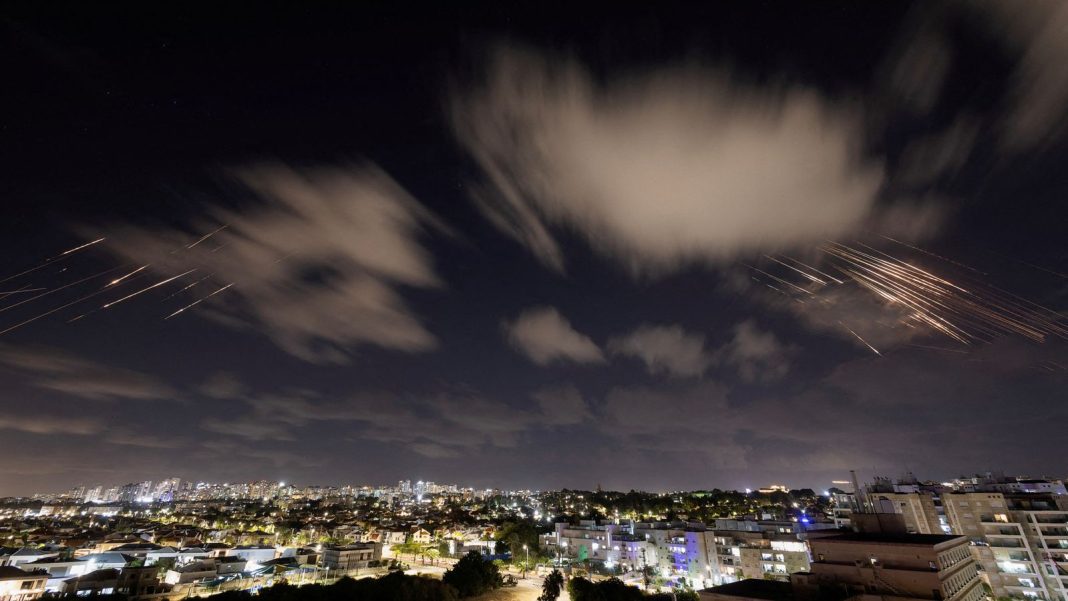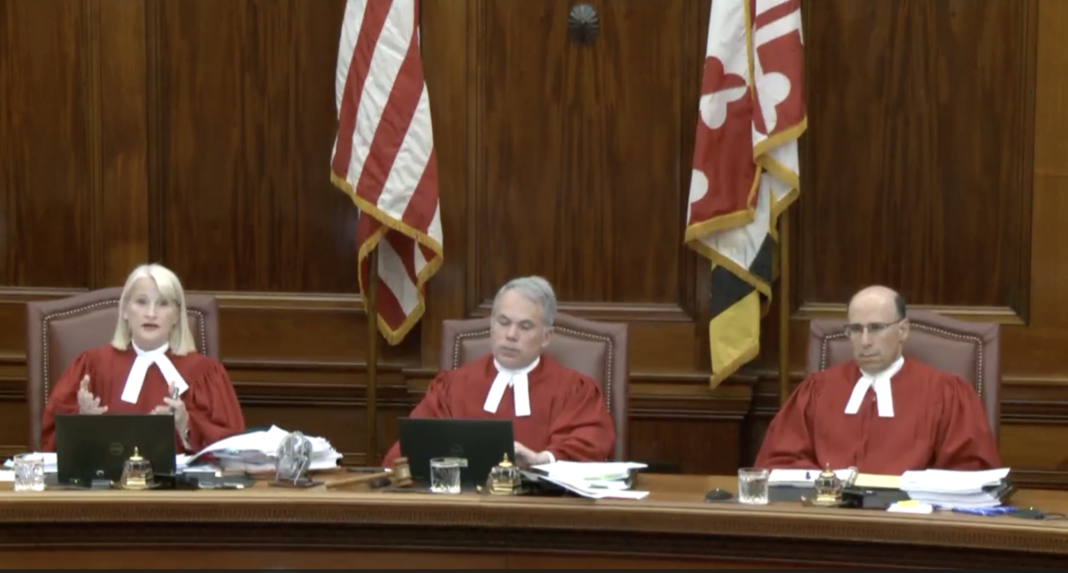Israel Orders Evacuations in Lebanon Amid Ongoing Tensions
In a significant escalation of regional tensions, Israel has been issuing evacuation orders to residents in various parts of Lebanon over the past two weeks. This move affects a staggering 432 square kilometers—an area larger than the Gaza Strip—impacting around 624,000 people. With specific focus on towns, villages, and even parts of the capital, Beirut, the Israeli Defense Forces (IDF) are targeting areas they allege are linked to Hezbollah activities.
A Closer Look at the Evacuation Orders
The evacuation orders have been particularly concentrated in south Lebanon, where 83 towns and villages, home to approximately 273,000 residents, have been affected. These areas are not just rural; they include parts of Beirut, where around 350,000 people live. The IDF has identified specific buildings for destruction, claiming they are used by Hezbollah, but unlike their approach in Gaza, they have not provided detailed maps outlining the exact areas to vacate. Instead, they have simply listed the names of towns and villages, leaving many residents uncertain about their next steps.
The Impact on Daily Life
For those living in the affected areas, the situation is increasingly dire. Families are faced with the difficult decision of whether to leave their homes, often with little time to prepare. The uncertainty is palpable, as many residents are unsure if they will be able to return. The evacuation orders have created a sense of urgency, with people scrambling to gather essentials and find safe places to stay.
Interestingly, there are pockets of resistance to these orders. In the southeast of Lebanon, three small villages have not received any official evacuation notices, even though surrounding communities have been ordered to relocate. This has led to confusion and concern among residents, who are left wondering why they have been excluded from the evacuation mandates.
Context of the Conflict
The backdrop to these evacuation orders is a long-standing conflict between Israel and Hezbollah, a militant group based in Lebanon. Tensions have escalated in recent weeks, with both sides exchanging fire across the border. Israel’s military actions are often justified by the need to neutralize perceived threats from Hezbollah, which has been accused of using civilian areas to shield its operations.
What Lies Ahead
As the situation continues to unfold, the humanitarian implications are significant. With hundreds of thousands of people potentially displaced, the need for aid and support will become increasingly urgent. Organizations on the ground are preparing to respond, but the scale of the crisis poses a formidable challenge.
In summary, the evacuation orders issued by Israel are a stark reminder of the fragile state of peace in the region. As families face the daunting prospect of leaving their homes, the international community watches closely, hoping for a resolution that prioritizes the safety and well-being of all civilians involved.



